 Berries and Wild Garlic Proven to be Effective Feed Additives Against Stomach Bacteria
02. 20. 2018
#Feed industry
Berries and Wild Garlic Proven to be Effective Feed Additives Against Stomach Bacteria
02. 20. 2018
#Feed industry

The welfare of many farm animals and the wealth of many farmers is highly dependent on gut health.
For many feed manufacturers this has meant using antibiotics as additives to limit bacterial growth in the stomach, especially in weaning piglets. However, as concern grows antibiotic use and the trend towards probiotics gains pace, feed additive suppliers have begun to look for more natural solutions that fit into the circular economy as well as aiding animal health.
As the International Centre for Research in Organic Food Systems (ICROFS) reported in January 2018, “Large amounts of antibiotics, zinc and copper are used for the treatment and prevention of diarrhoea and infections in conventional pig production, and to some extent also in organic production. A high consumption of antibiotics can cause problems due to the development of multi resistant pathogens that are dangerous to humans. The increasing use of zinc and copper also poses a problem to the environment, because these metals are spread with the slurry and will be accumulated in the farm land.” Adding that, “Hence, there is a need for alternative solutions.”
Fortunately, a research team at Aarhus University in Denmark have made a breakthrough in finding that wild garlic (also known as ramson) bulbs and some berries are natural effective fighters against bacterial growth. The research was funded by The Danish Organic RDD project MAFFRA (Multicomponent antibacterial feed additive for weaning piglets against intestinal diseases). They report how the team, “screened a number of plants and berries for their ability to inhibit in vitro growth and/or survival of E. coli in pig digesta (gut content from the stomach and the small intestine).”
Specifically, the team experimented with ramsons (Allium ursinum) which contain sulphur compounds, as well as other berries, like redcurrants (Ribes rubrum) and lingonberries (Vaccinium vitis-idaea).
After comparing many different combinations and ‘cocktails’ of berries and ramsom bulbs in various concentrations the researchers were able to report, “… that freeze-dried powder of ramsons possesses strong antimicrobial activity in vitro against the pathogenic E. coli strain F4:O149, known to induce post-weaning diarrhoea in piglets. Antimicrobial effects were observed for other plants as well, in particular acidic berries, however higher concentrations were needed.”
Why berries and ramsons should be so effective against bacteria in pig stomachs is not precisely known. However, the industry journal PigProgress reports, “… that the mechanism behind the antimicrobial effect can be either a specific toxicity exerted by bioactive plant components, a pH-related effect (as a rule of thumb, E. coli only grow at pH above 4, and can be killed by pH below 4) or a combination of these.”
With the farming and feed industries’ increasing trend away from antibiotic use, it is comforting to find that research dollars are finding simple solutions to keep animals healthy. An all-natural feed additive such as berries or ramsons may well provide an affordable check against bacteria, as well as being an inclusive part of the circular economy.
AG CHEMI GROUP has been supplying animal feed additives since 1994.
If you are interested in feed additives, or need animal feed raw materials, then please contact the friendly, multi-lingual sales team, or take a look at the AG CHEMI GROUP catalogue.
